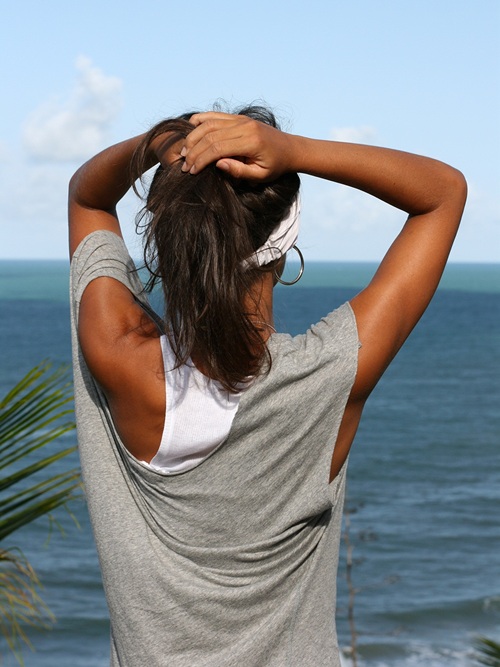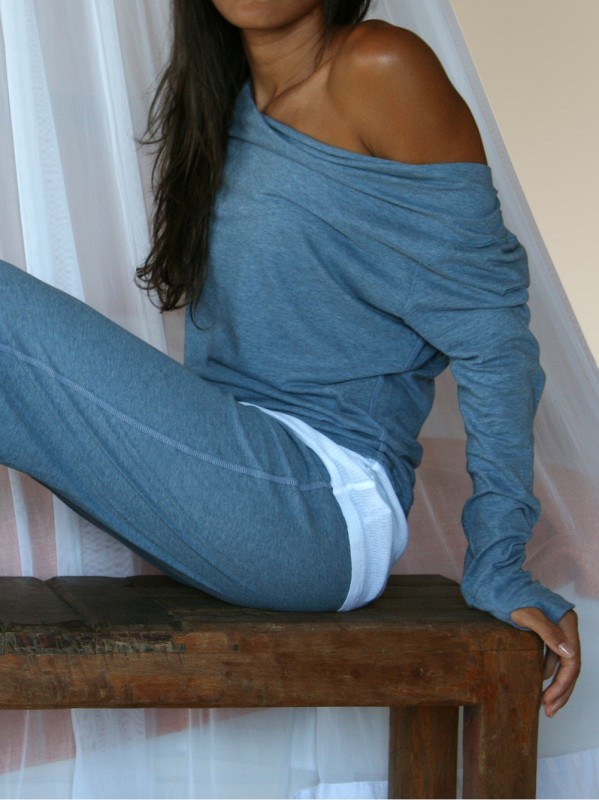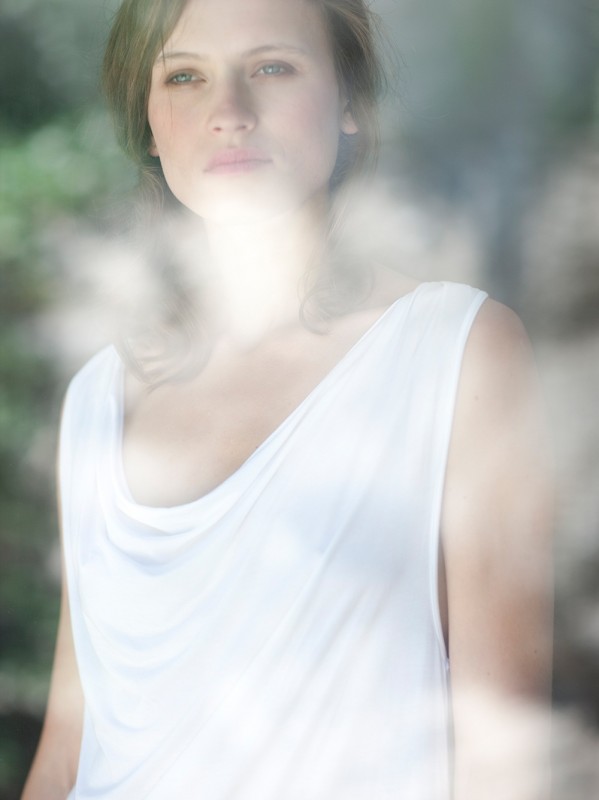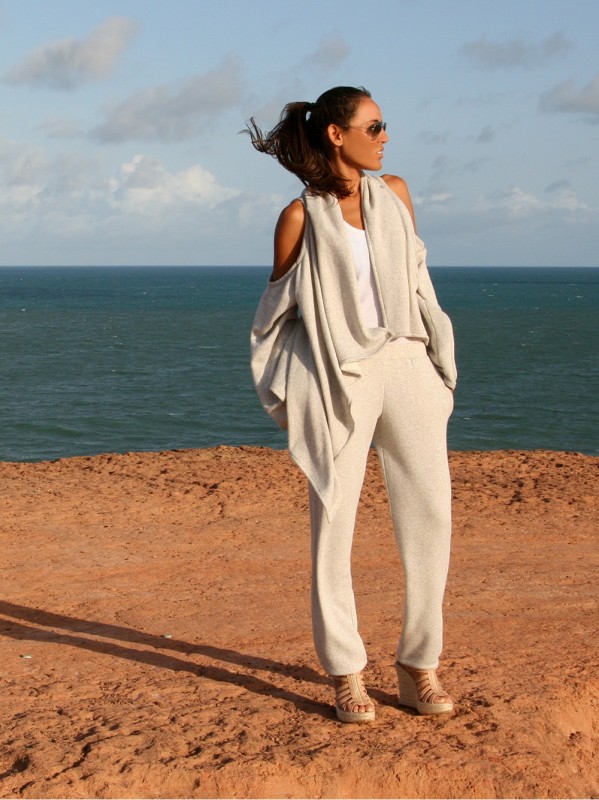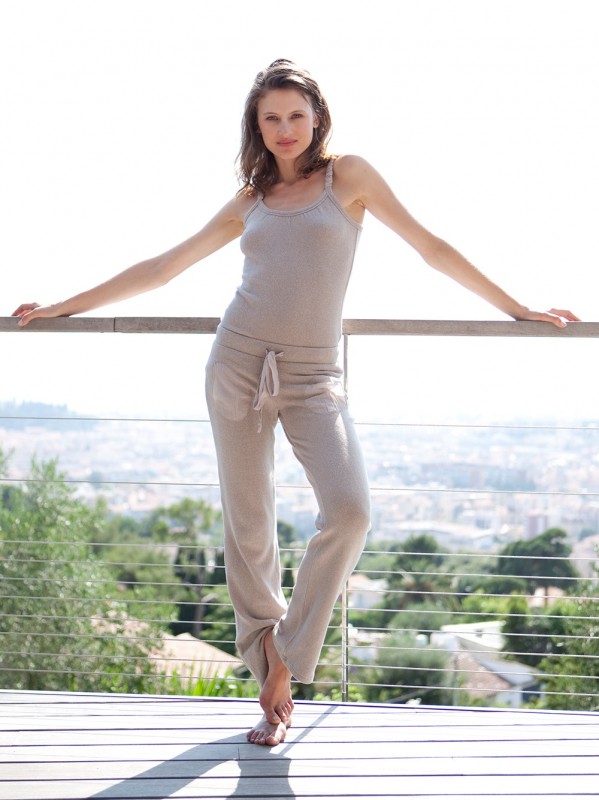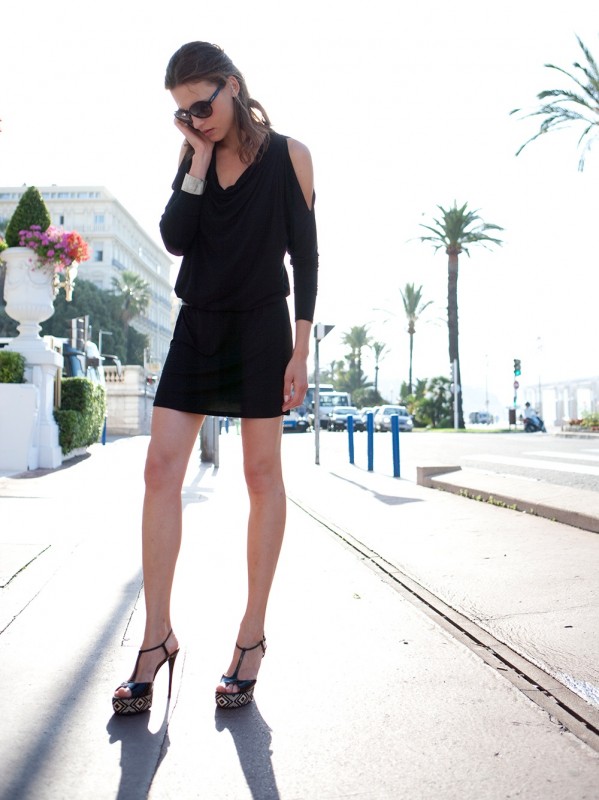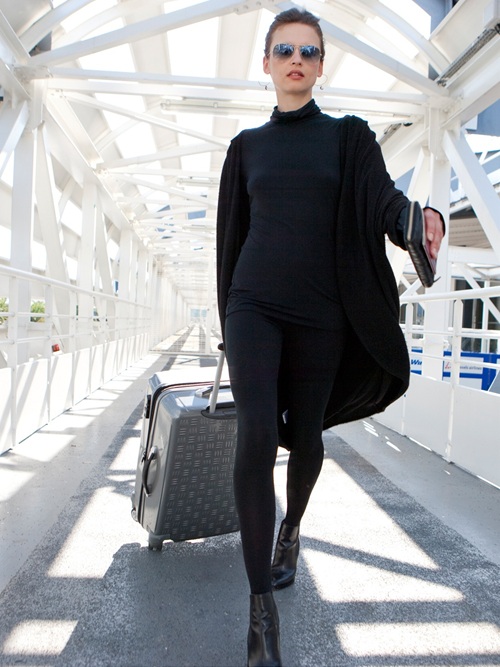
In celebration of the spirit of craftsmanship, the Hermès Festival des Métiers (Festival of Crafts) made its first stop in Zurich – Switzerland. The French house’s first world-travelling exhibit invites you to meet with the artisans responsible for creating some of the world’s most luxurious leather goods, silk scarves, china and more.
Ever wondered what goes into the making of an Hermès product? Or why the Kelly bag is such a coveted item? Discover the Hermès universe your own way and enjoy the passion that the craftsmen put into every item. As one of them told me, their effort and long hours spent making those pieces is all worth it, once a customer wears and treasures their handiwork.
Open to the public, this free admission event is located at EWZ-Unterwerk Selnau (Selnaustr. 25, Zurich) starting today through June 10th, 2012 from 11 am- 6pm every day. It is a great experience for kids as well.
For all of you that are living abroad, here are some photos that I took yesterday at the pre-opening. Enjoy the craftsmanship!

Hermès has very high requirements for leather and the artisans will take time to find the best one to use. The difference lies also in how the bags are made by hand. It will take approximately 30 hours to create one single piece with only 3 produced per week. This explains the long waiting list for their iconic Birkin or Kelly bags.

It is pretty impressive to watch the craftsman assemble the really tine pieces of the movement for a mechanical watch.

The artwork for the famous silk scarves is designed by an artist, but the Hermès artisans will need to engrave the silkscreens by hand before starting the printing process.

At the printing station, you can see how each silkscreen, one for each colour, are precisely aligned and printed onto silk. Every single aspect of a silk scarf is done by Hermès: They rear their own silkworms, produce their own twills and mix their own dyes. After the printing, the scarves are left to dry, then the colours are locked in during a steam bath. After that, the silk scarves are washed to make them smooth and coated with a protective finish. Finally, they will be hand-rolled and hand-hemmed along the edges by craftsmen.

Every carré (the French name for it) has its own name, as for example the famous Brides de gala that was sketched in 1957 by Hugo Grygkar and which is still used these days.

Perfection and quality is essential to Hermès, the same applies to the tie making process. A craftswoman explains how the twills are rolled, folded and subsequently stitched into ties, using the same silk as for the scarves.

There are not many artisans in the world who can perform this process. Those silk scarves are only made by special order. It is a thicker kind of twill that comes with a velour-like coat. The craftswoman takes away parts of it with a sharp pointed tool. Just to do those red flowers takes her six weeks. She needs to be extra careful in order not to destroy the precious fabric.

The artisan uses real gold to paint the beautiful embellishments of the crystal glasses. The brown colour of the gold will change in the oven. To achieve the shiny effect, each glass has to be buffed by hand.

The fabulous china and porcelain products are also carefully hand-painted by artisans. After watching the process, you feel guilty for every piece you dropped in the past.

Also of interest is the house’s glove-making. When I asked the glover what is the best material for a glove, he said velour leather is his favourite to work with.

Hermès first started with horse-riding accessories and saddles. The equestrian heritage has been celebrated ever since. A saddle by Hermès is like a piece of art, especially when you look at those special editions with wings or leopard print that the saddler showed me yesterday.
I hope that you will enjoy this eye-opening exhibit as much as I did!
LoL, Sandra
Photos: © Sandra Bauknecht
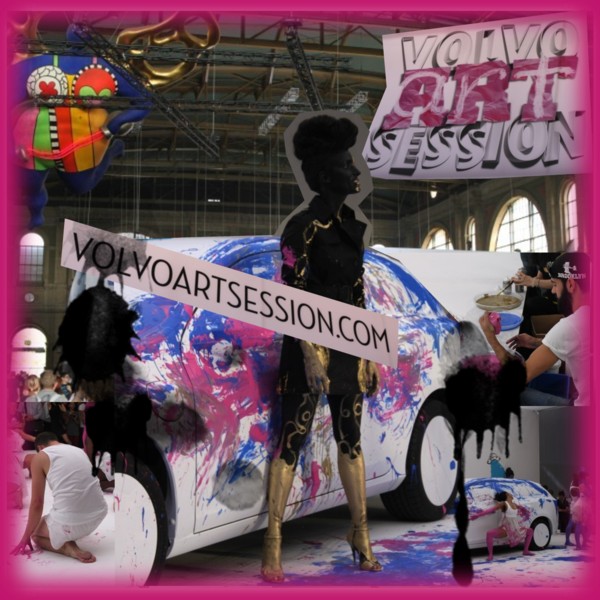
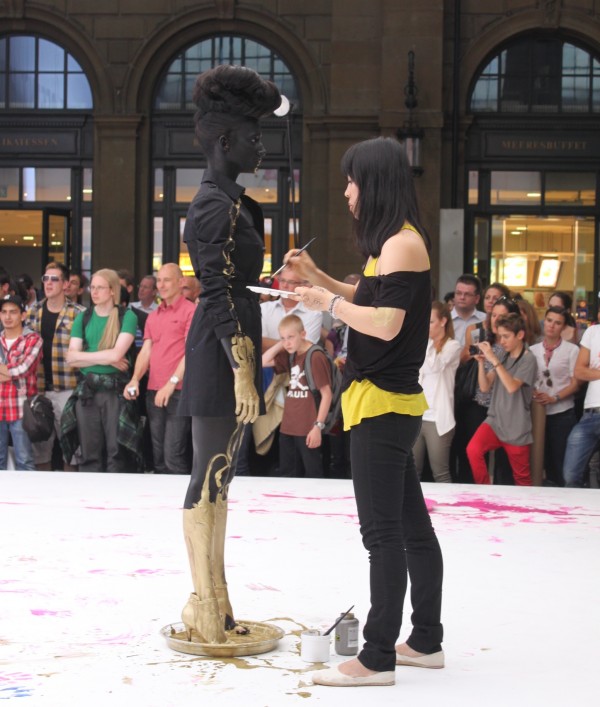
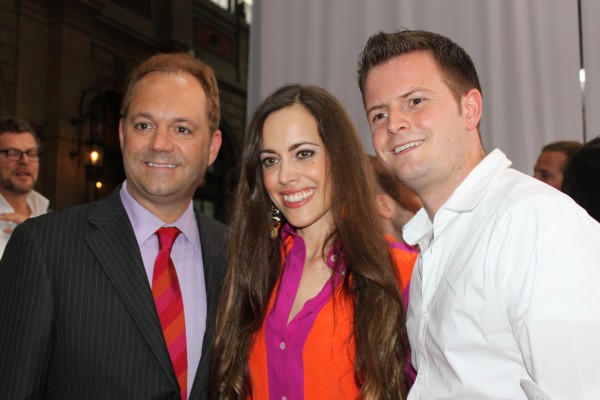 Richard Monturo, Volvo Vice President of Global Marketing, and Swiss chef Pascal Schmutz with me in the middle.
Richard Monturo, Volvo Vice President of Global Marketing, and Swiss chef Pascal Schmutz with me in the middle.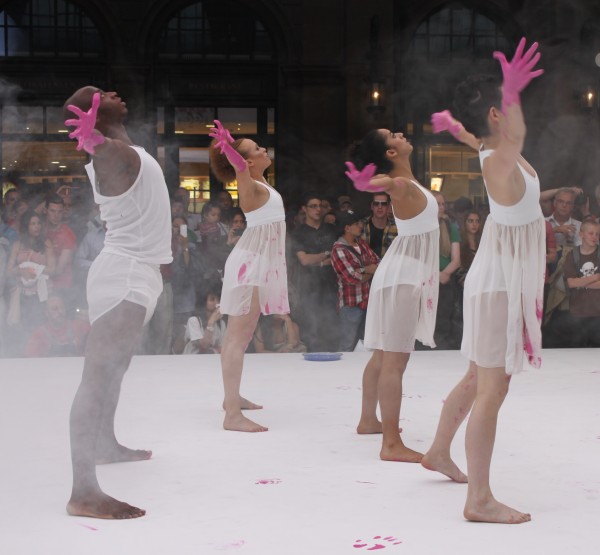
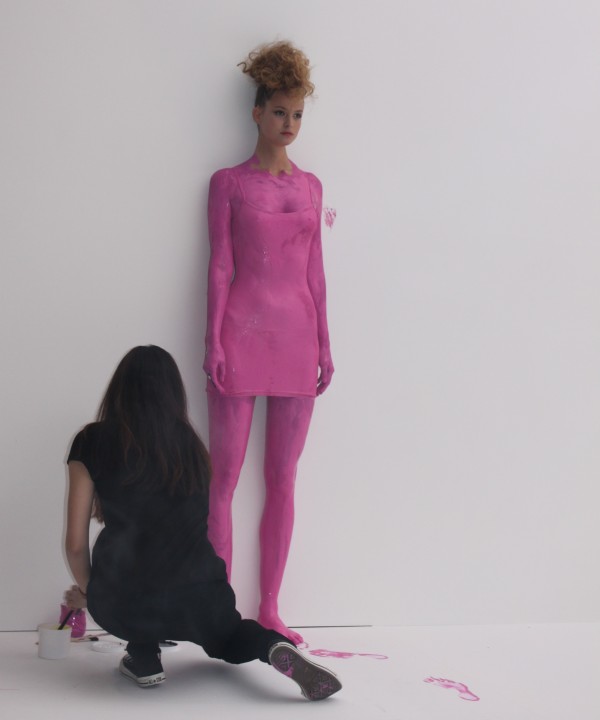
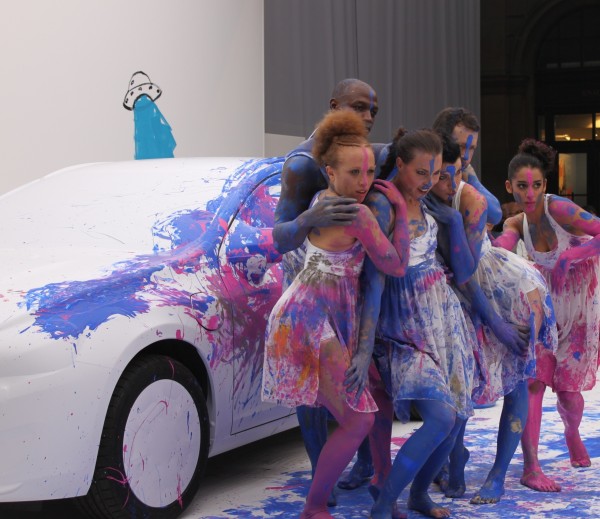
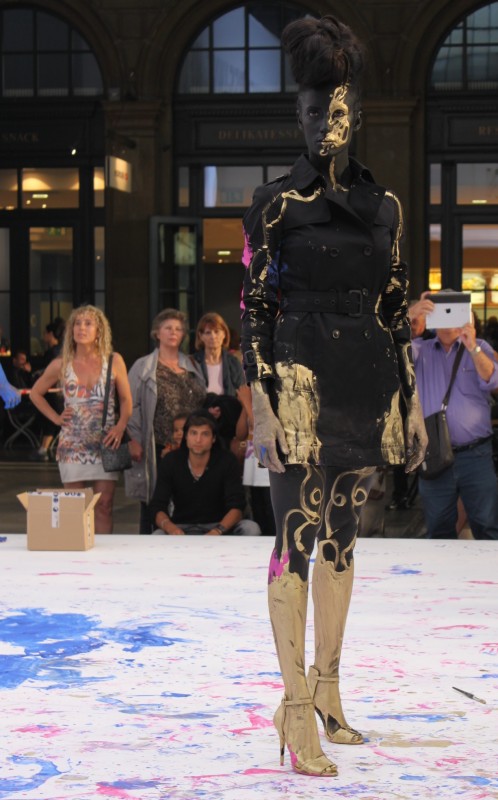
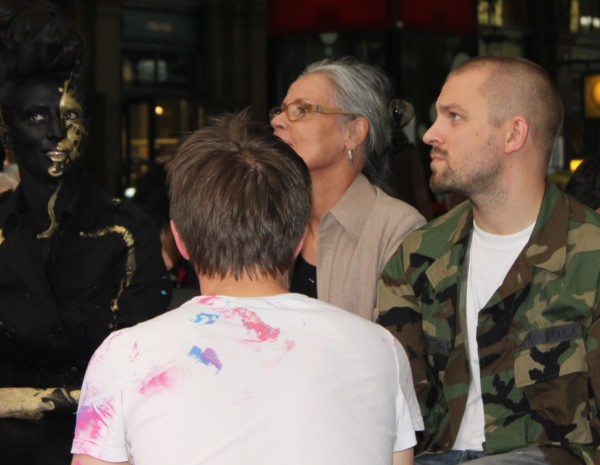 Photos: © Sandra Bauknecht
Photos: © Sandra Bauknecht





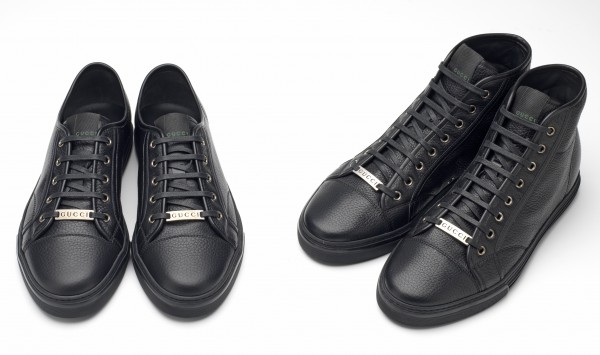
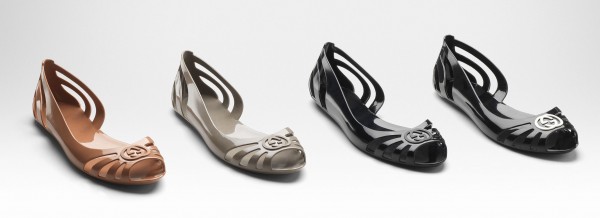
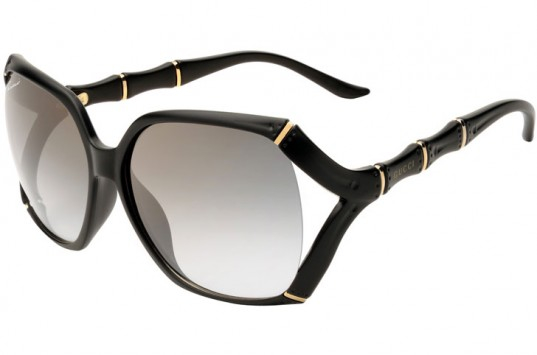
















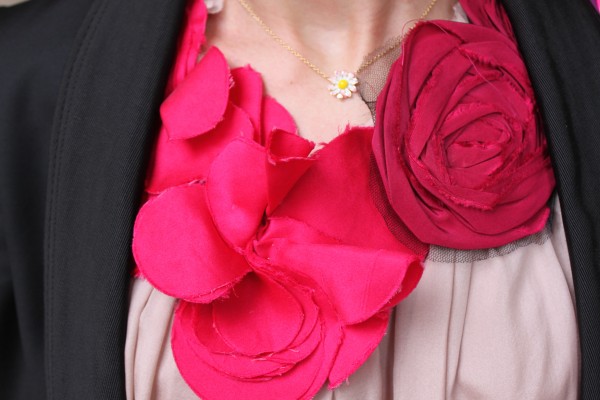
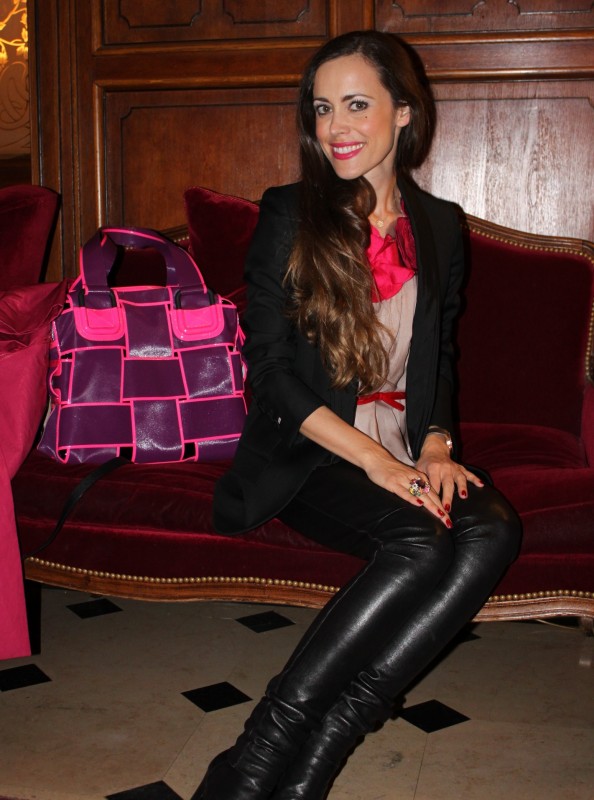
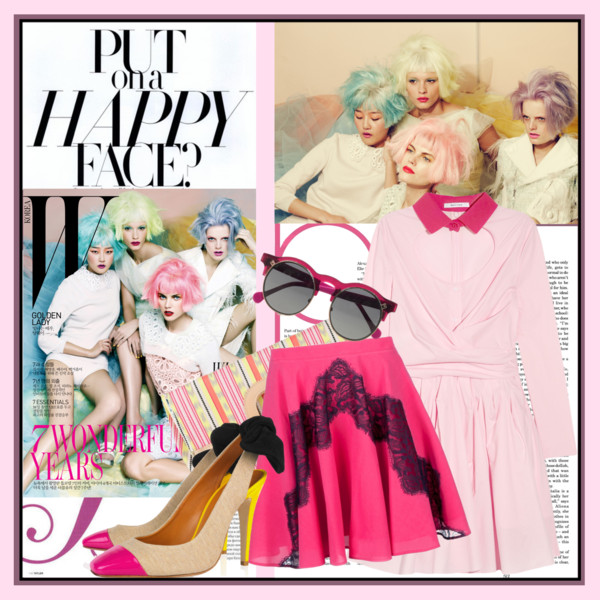
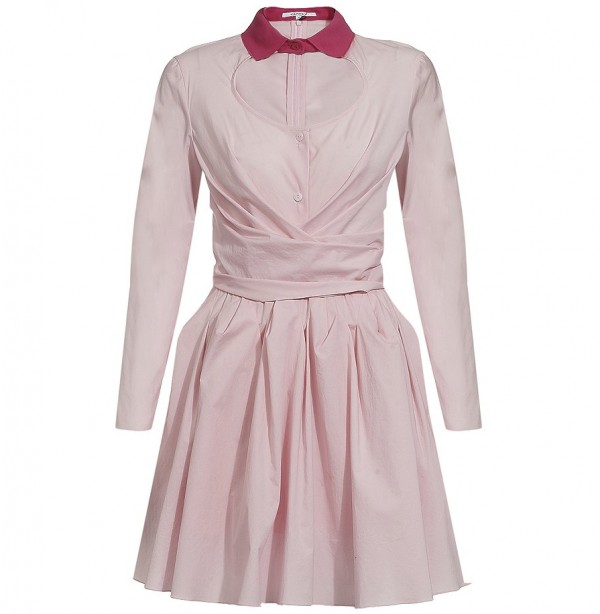
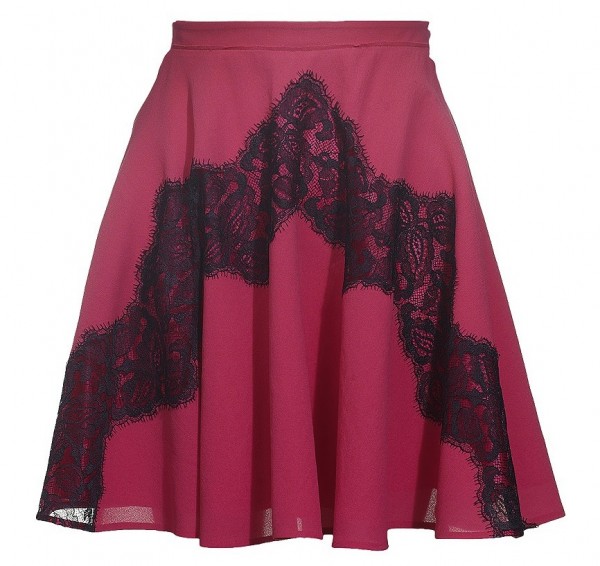
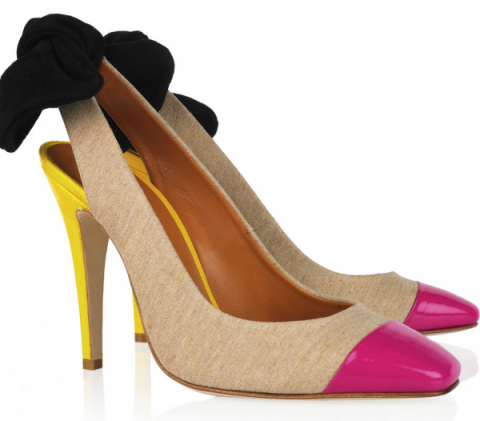
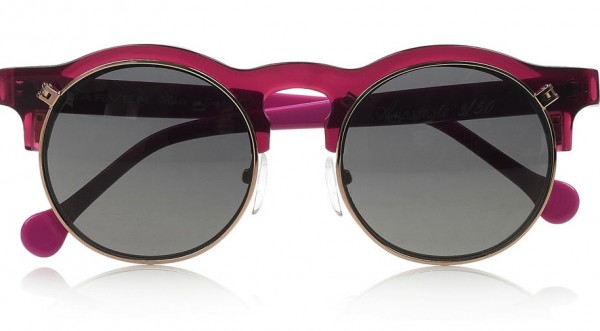
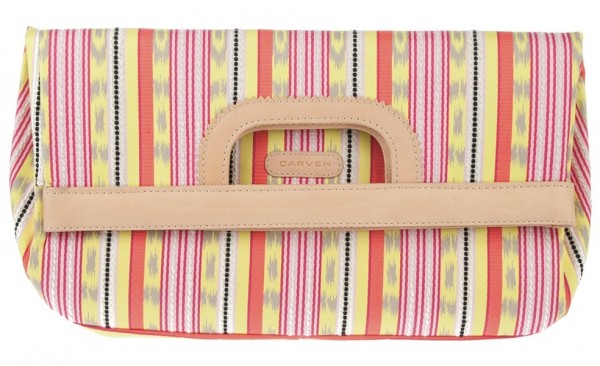

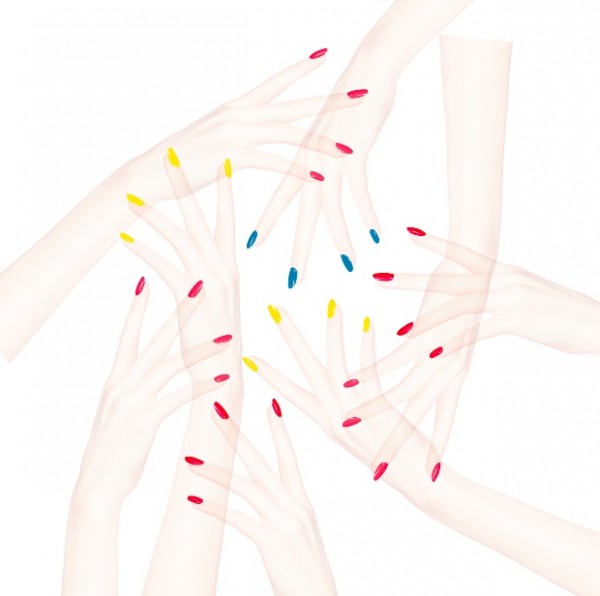
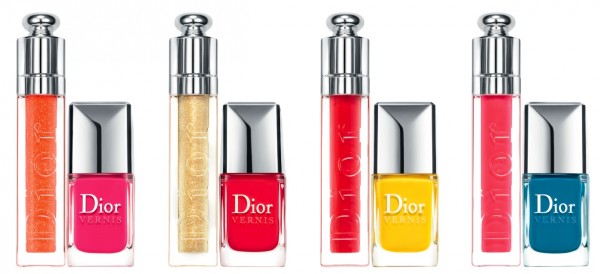

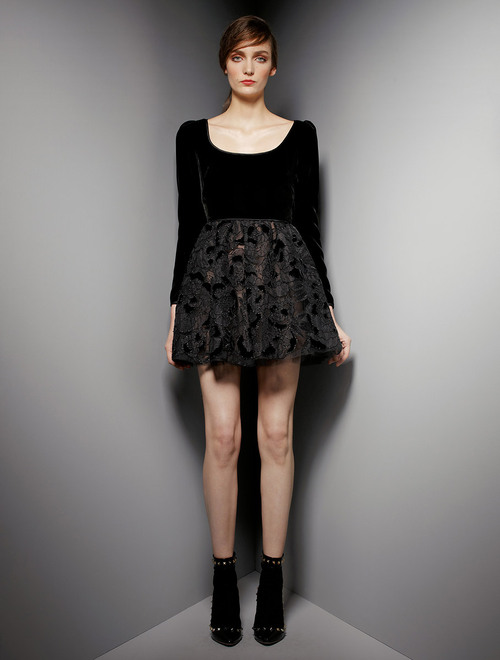
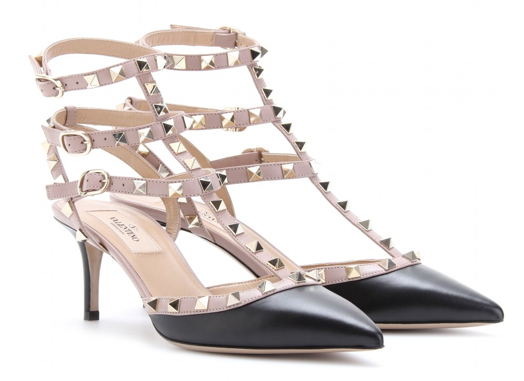
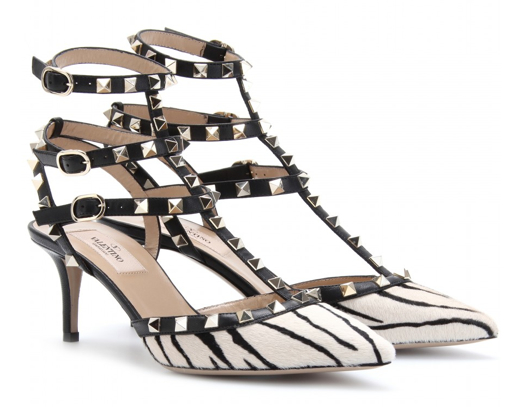
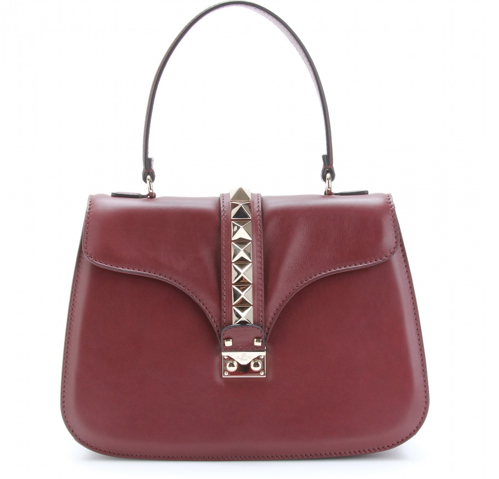
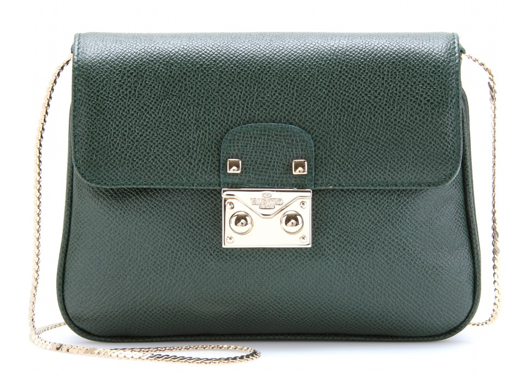
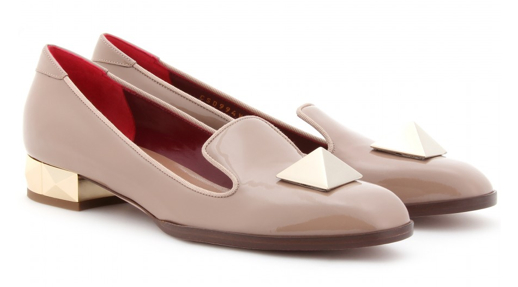
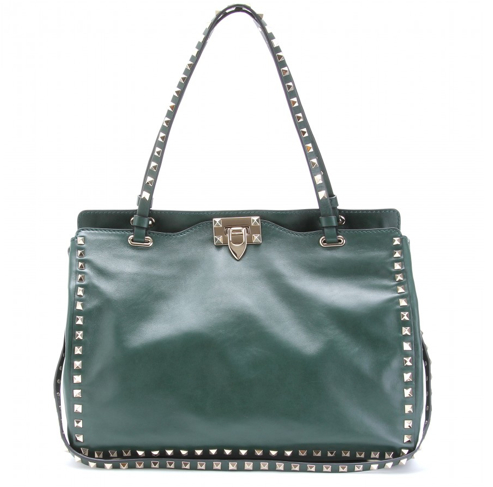
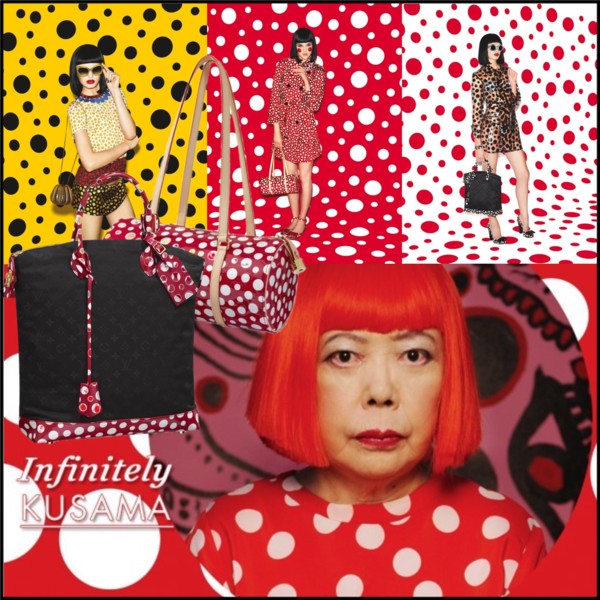
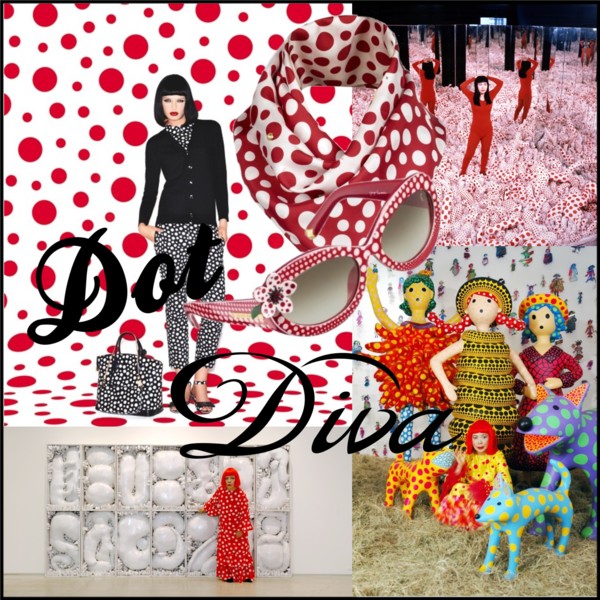
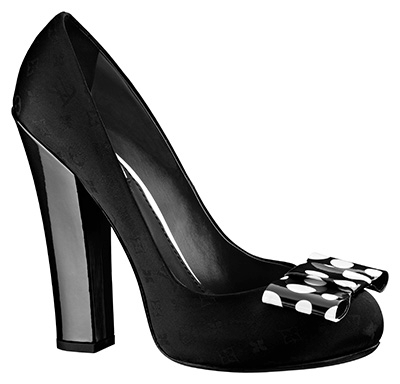
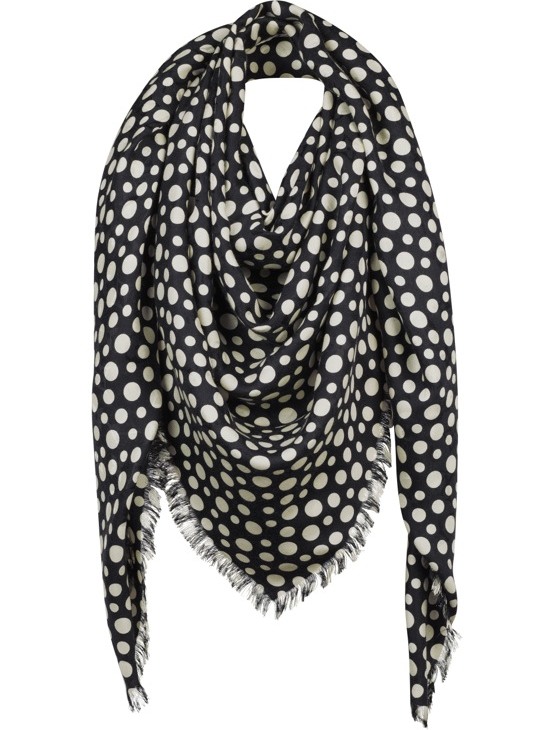
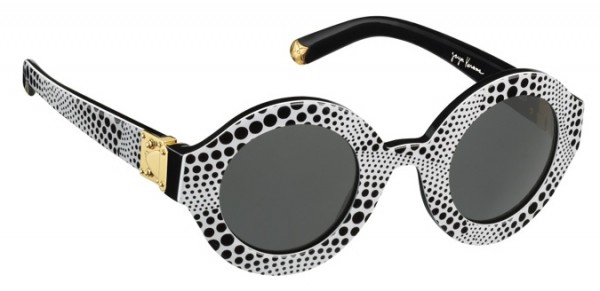
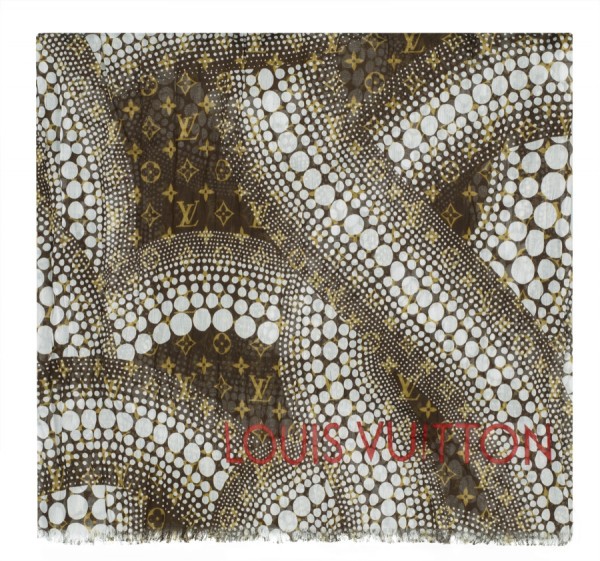
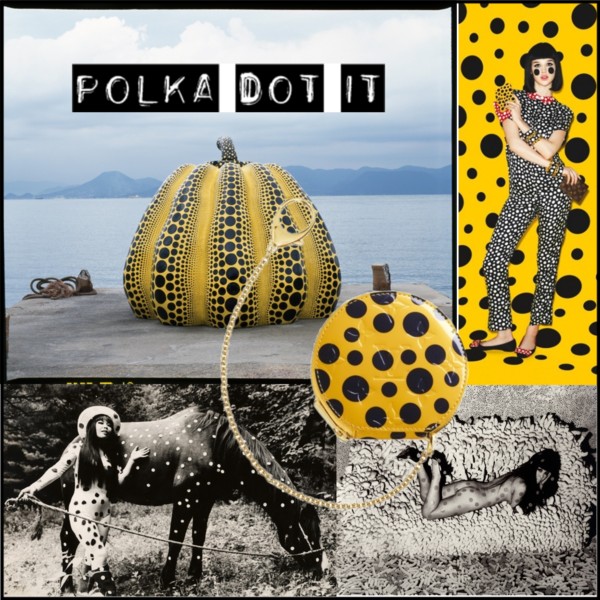
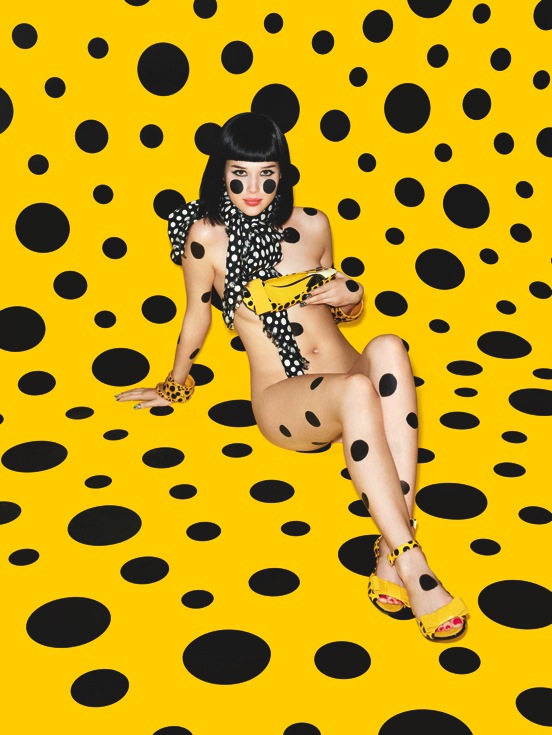
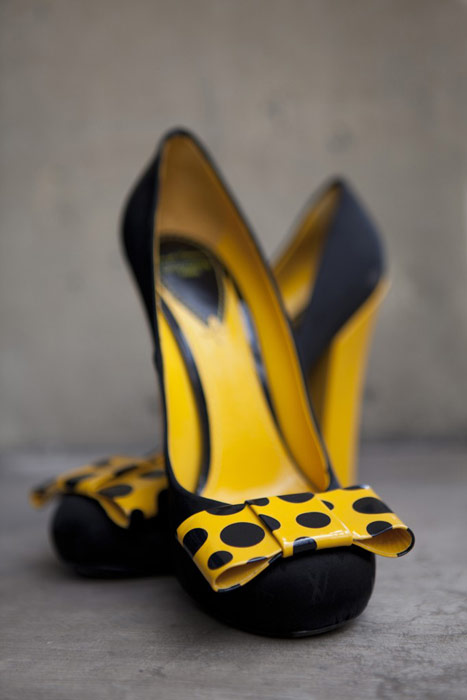
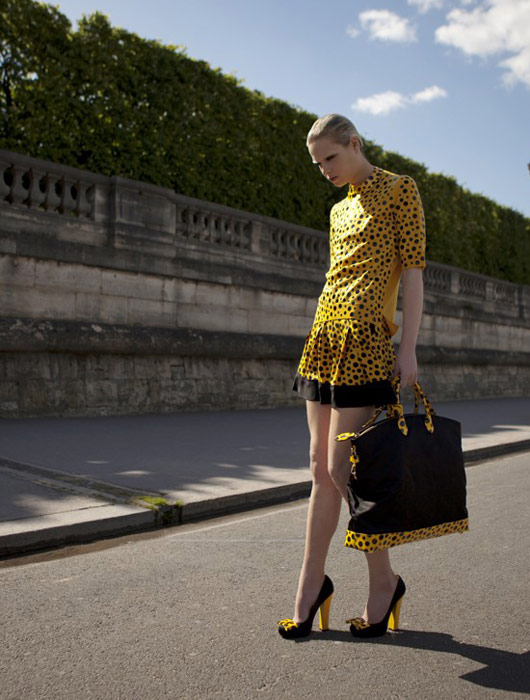
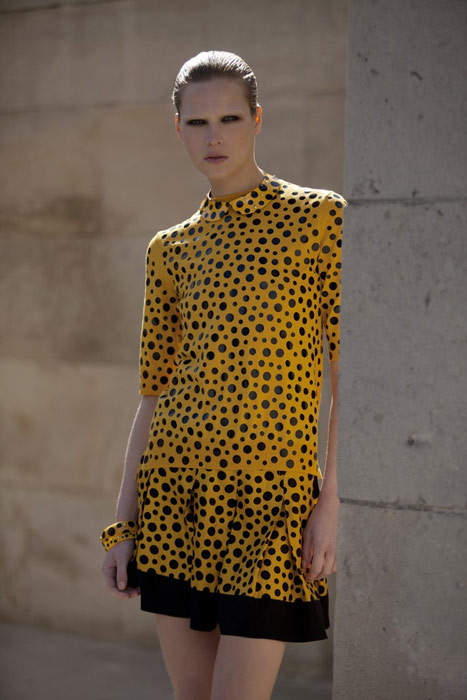
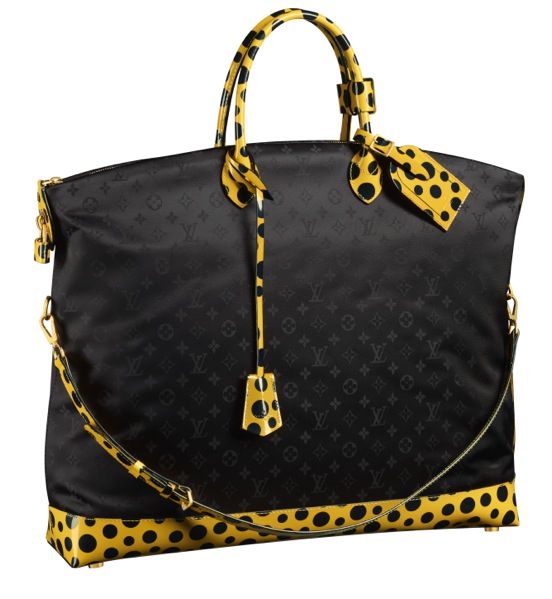 Yayoi Kusama Louis Vuitton Lockit GM Monogram Nylon Dots Infinity yellow
Yayoi Kusama Louis Vuitton Lockit GM Monogram Nylon Dots Infinity yellow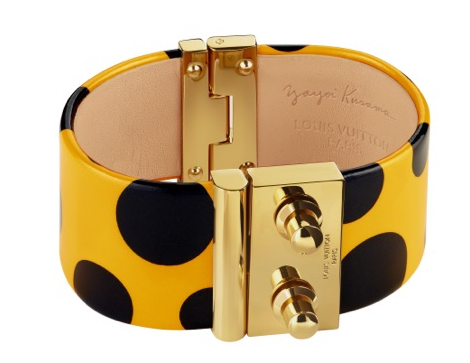 Yayoi Kusama Louis Vuitton Cuff Dots Infinity yellow
Yayoi Kusama Louis Vuitton Cuff Dots Infinity yellow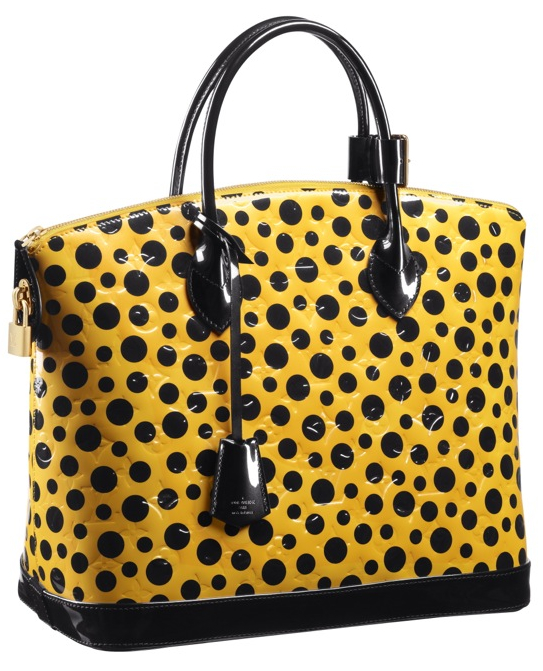
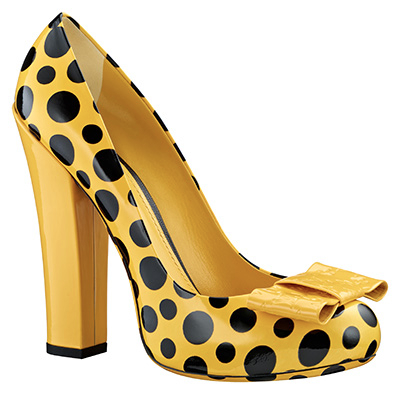
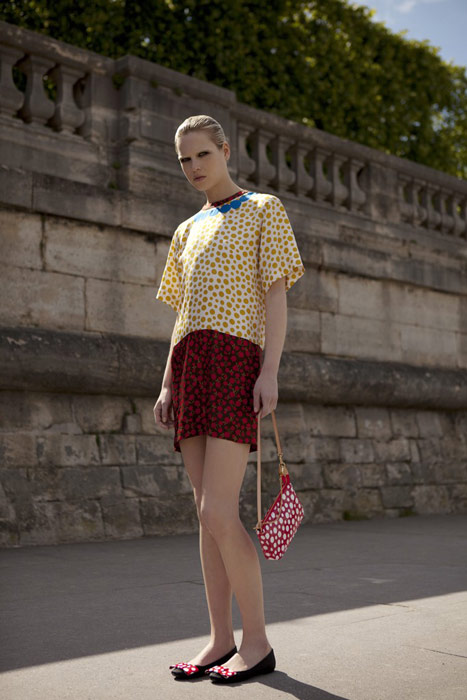
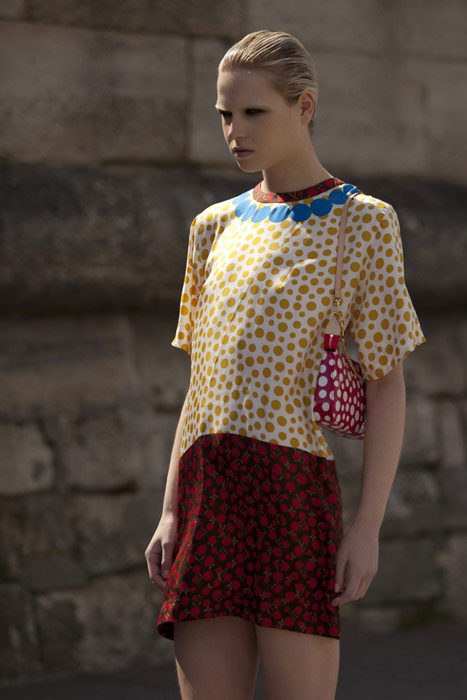
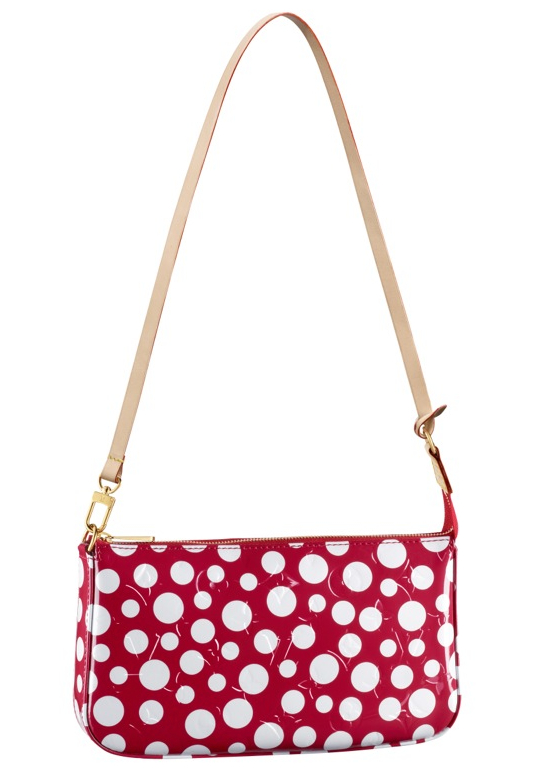
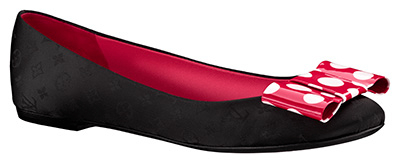
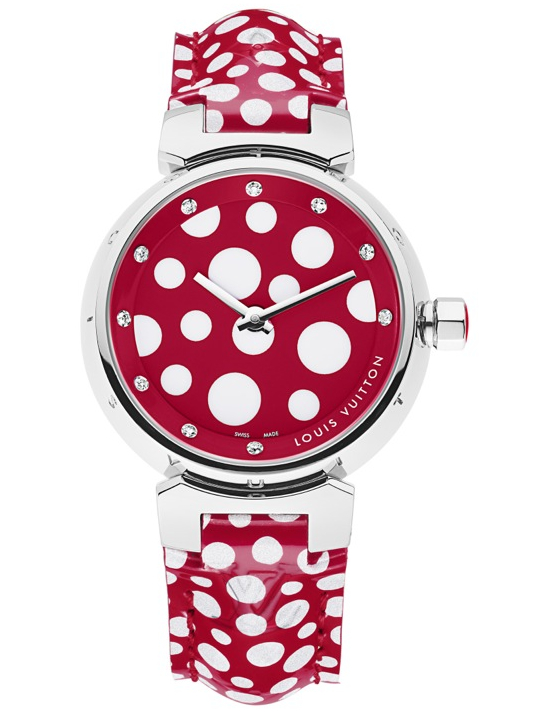
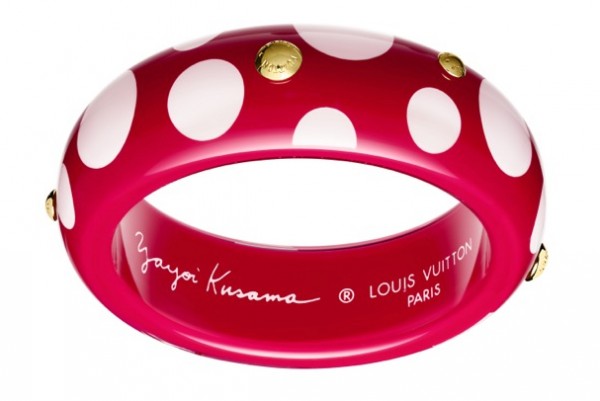 Yayoi Kusama Louis Vuitton Bangle GM Dots Infinity red
Yayoi Kusama Louis Vuitton Bangle GM Dots Infinity red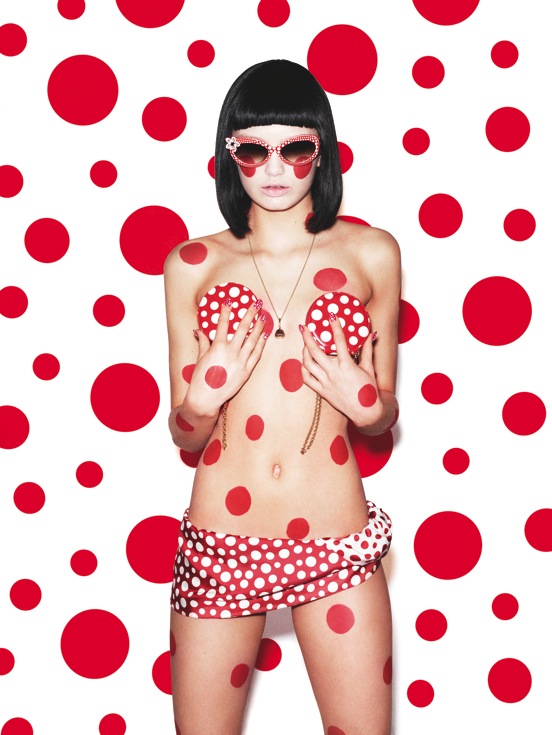
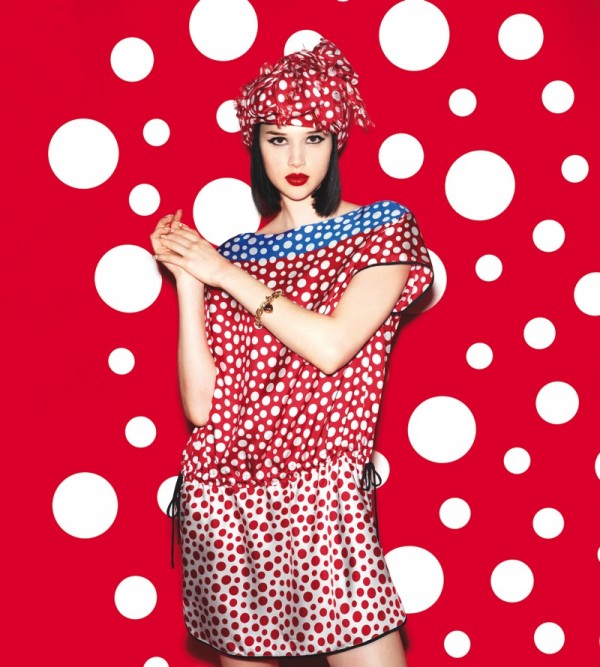
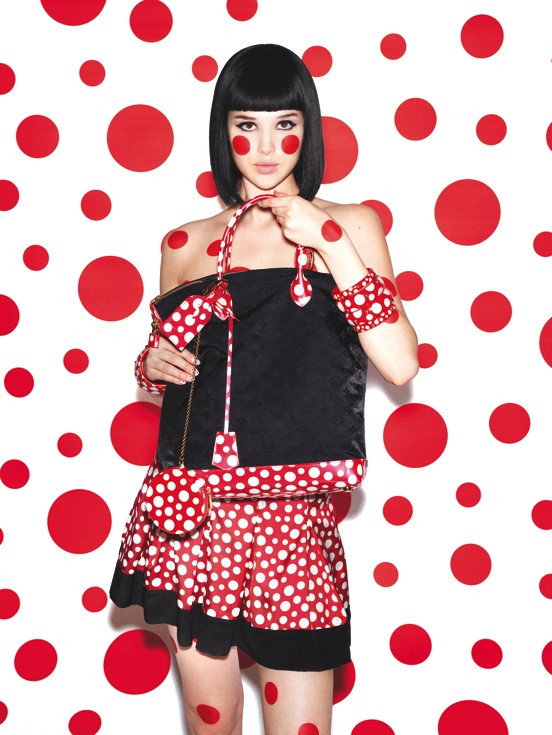 Photos: Via
Photos: Via 

